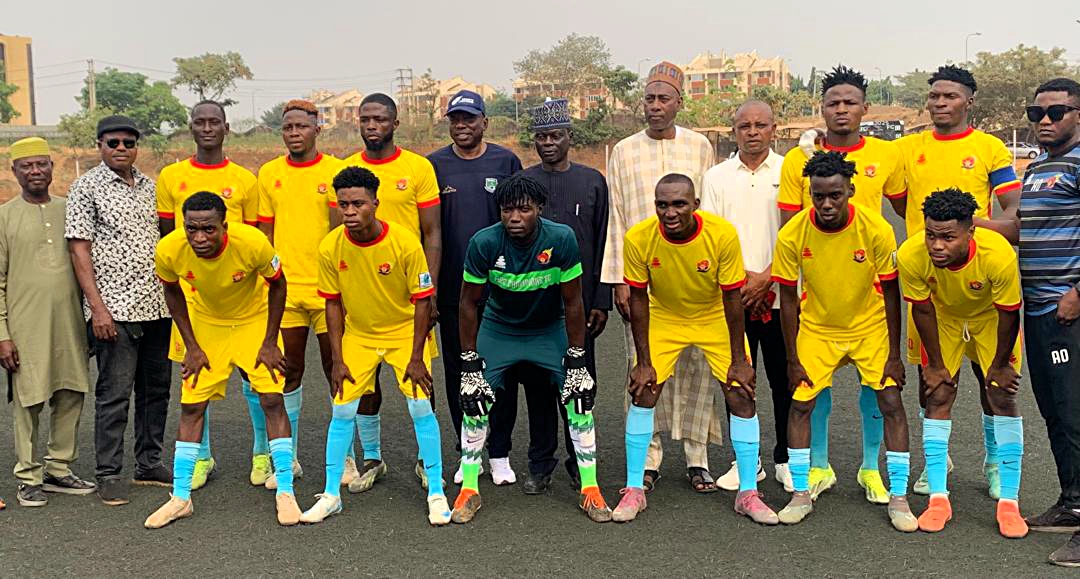The international community marked yet another Day of Zero Tolerance for Female Genital Mutilation (FGM), on February 6. Still Nigeria continues to bear the shameful distinction of having the highest absolute number of FGM survivors globally.
With nearly 20 million survivors and millions more at risk, our nation stands at a critical crossroads in the fight against this barbaric practice.
The recent call by First Lady Remi Tinubu for strengthened partnerships and collective action, while welcome, must translate into tangible results rather than remain mere rhetoric.
In the considered opinion of this newspaper, the statistics are nothing short of horrifying. That Nigeria accounts for about one-quarter of the estimated 130 million FGM survivors worldwide should shake our collective conscience. More disturbing is the projection that if current trends persist, approximately 14 million more girls in our country risk undergoing this harmful practice by 2030. This is not just a women’s issue – it is a national emergency.
The practice of FGM, which involves the partial or total removal of external female genitalia for non-medical reasons, represents one of the most extreme forms of violence against women and girls. Its continuation in our society, despite legislation prohibiting it,
exposes the deep-seated inequality between the sexes and the failure of our institutions to protect the most vulnerable.
The physical and psychological trauma inflicted on victims – from severe bleeding and infections to childbirth complications and death – constitutes an unconscionable violation of human rights.
What makes this crisis particularly concerning is the emerging trend of “medicalisation” of FGM, where healthcare providers perform these procedures under the false pretense of safety. This dangerous development not only violates medical ethics but also lends a veneer of legitimacy to a practice that has no health benefits whatsoever.
The World Health Organization’s strong stance against medical professionals performing FGM must be backed by strict enforcement and severe consequences for violators.
While Nigeria has put in place legislative frameworks to combat FGM, including the Violence Against Persons (Prohibition) Act of 2015 and various state laws, the gap between legislation and implementation remains wide.
The continued prevalence of FGM in many communities, particularly in the South East, South West, and South-South regions, reveals the limitations of legal solutions alone. Cultural change, community engagement, and sustained educational campaigns must complement legal enforcement.
The economic impact of FGM cannot be ignored either. The WHO estimates that treating health complications from FGM costs health systems US$ 1.4 billion annually – a figure expected to rise without urgent intervention. For a developing nation like Nigeria, these resources could be better invested in improving healthcare infrastructure and services that actually benefit women and girls.
In our view, the way forward calls for a comprehensive approach. First, law enforcement agencies must demonstrate their commitment by vigorously prosecuting offenders. The current situation, where perpetrators often escape justice, must end. Second, traditional and religious leaders must be enlisted as champions of change, using their influence to challenge and dismantle the harmful cultural beliefs that perpetuate FGM.
Third, healthcare professionals must unite in refusing to participate in or condone these procedures, regardless of financial incentives or community pressure.
Furthermore, the federal and state governments must match their public declarations with substantial resource allocation. The fight against FGM cannot be won on goodwill alone – it requires sustained funding for awareness campaigns, survivor support services, and community outreach programs.
The involvement of international partners like : United Nations Population Fund (formerly the United Nations Fund for Population Activities)(UNFPA) and United Nations International Children’s Emergency Fund (now officially the United Nations Children’s Fund)(UNICEF) is crucial, but domestic commitment must lead the way.
As we reflect on this year’s theme, “Stepping Up the Pace: Strengthening Alliances and Building Movements to End FGM,” we must acknowledge that the time for half-measures is over. Every day of delay means more girls subjected to this cruel practice.
The target of eliminating FGM within a generation, by 2030, demands unprecedented cooperation between government agencies, civil society organisations, traditional institutions, and communities.
The protection of our girls and women from this form of gender-based violence is not negotiable. It is a moral imperative that tests our commitment to human dignity and social progress.
Nigeria must rise to this challenge and demonstrate through concrete actions that we are serious about ending this practice. The cost of failure – measured in shattered lives and stolen futures – is simply too high to contemplate.




 1 week ago
22
1 week ago
22








 English (US) ·
English (US) ·